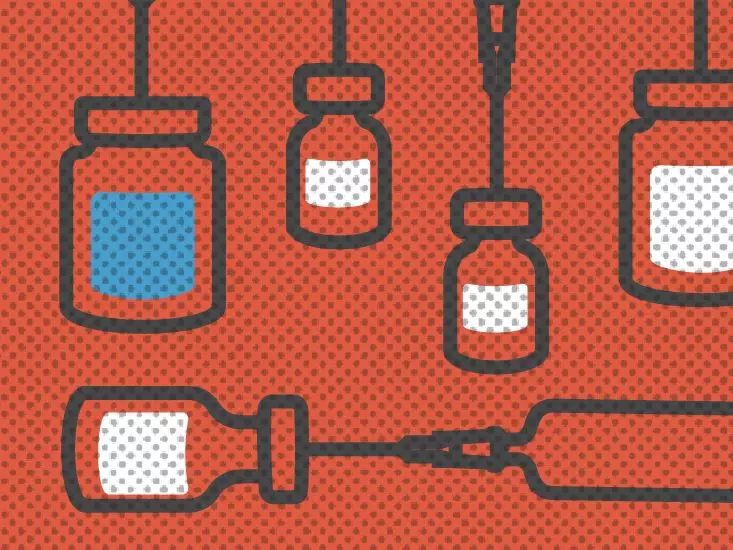Xofigo, a medication primarily used in the treatment of prostate cancer, has garnered attention for its effectiveness in treating advanced stages of this disease. While it holds promise as a therapeutic agent, understanding its accompanying side effects is crucial for those considering its use. This article provides detailed insights into the potential side effects of Xofigo, their implications, and important precautions to consider before initiating treatment.
Despite its benefits, Xofigo is not devoid of side effects. Many users report experiencing mild effects which, while bothersome, often resolve within a few days to a few weeks. Common mild side effects identified during clinical trials include nausea, vomiting, diarrhea, and peripheral edema, which is characterized by swelling in the arms, hands, legs, or feet. Additionally, discomfort such as redness, pain, or swelling at the injection site can occur. Although these side effects may not be life-threatening, patients are advised to keep healthcare providers informed if these symptoms persist or worsen.
Importantly, patients should not ignore these mild side effects. They could lead to dehydration, a condition that can exacerbate other health issues, particularly if diarrhea and vomiting are severe. Ensuring adequate fluid intake is crucial, as maintaining hydration may mitigate some of these problems.
While mild side effects are prevalent, Xofigo can also trigger more serious reactions. Health professionals emphasize the importance of recognizing symptoms such as kidney problems and low blood cell counts. Damage to the bone marrow, a risk posed by Xofigo’s radioactive elements, may impede blood cell production, leading to fatigue and increasing susceptibility to infections. The relationship between radiation and bone marrow suppression signifies the need for ongoing monitoring during treatment.
Individuals experiencing severe allergic reactions—characterized by difficulty breathing or swelling—should seek immediate medical attention, as these reactions can be life-threatening. It is vital for patients and caregivers to understand the range of serious side effects and be vigilant about symptoms that could indicate complications.
Effective management of side effects necessitates proactive communication between patients and healthcare providers. If mild symptoms arise, patients are encouraged to reach out to their doctors for guidance; potential treatments may alleviate discomfort and ensure adherence to the treatment regimen. In cases where more serious symptoms develop, such as severe dehydration or unmanageable low blood cell counts, immediate medical intervention is imperative.
Patients should also be educated about preventive measures. For instance, avoiding strenuous activity during treatment, maintaining hydration, and ensuring adequate nutrition are critical steps for managing symptoms effectively. It is the responsibility of healthcare providers to discuss these precautions thoroughly before initiating treatment.
Before starting Xofigo, individuals must engage in an extensive dialogue with their healthcare providers about their medical history. Conditions such as kidney issues, bone marrow disorders, and prior allergic reactions can significantly affect treatment suitability. Moreover, patients who are pregnant or breastfeeding must disclose this information, as Xofigo’s effects on fetal development and nursing infants are areas of concern.
The absence of side effects in a specific patient group does not imply a guarantee of safety or appropriateness for all. Continuous updates and research surrounding Xofigo underscore the importance of seeking specialist knowledge tailored to individual profiles.
While Xofigo presents a compelling option for treating advanced prostate cancer, it is imperative for patients and practitioners alike to remain mindful of its potential side effects. Navigating the healthcare landscape requires an informed approach, encompassing an understanding of both the benefits and risks associated with medication. A strong partnership with healthcare providers can play an essential role in optimizing treatment outcomes while minimizing adverse effects. By fostering open communication and remaining vigilant about side effects, patients can better navigate their cancer treatment journey, armed with knowledge and support.

